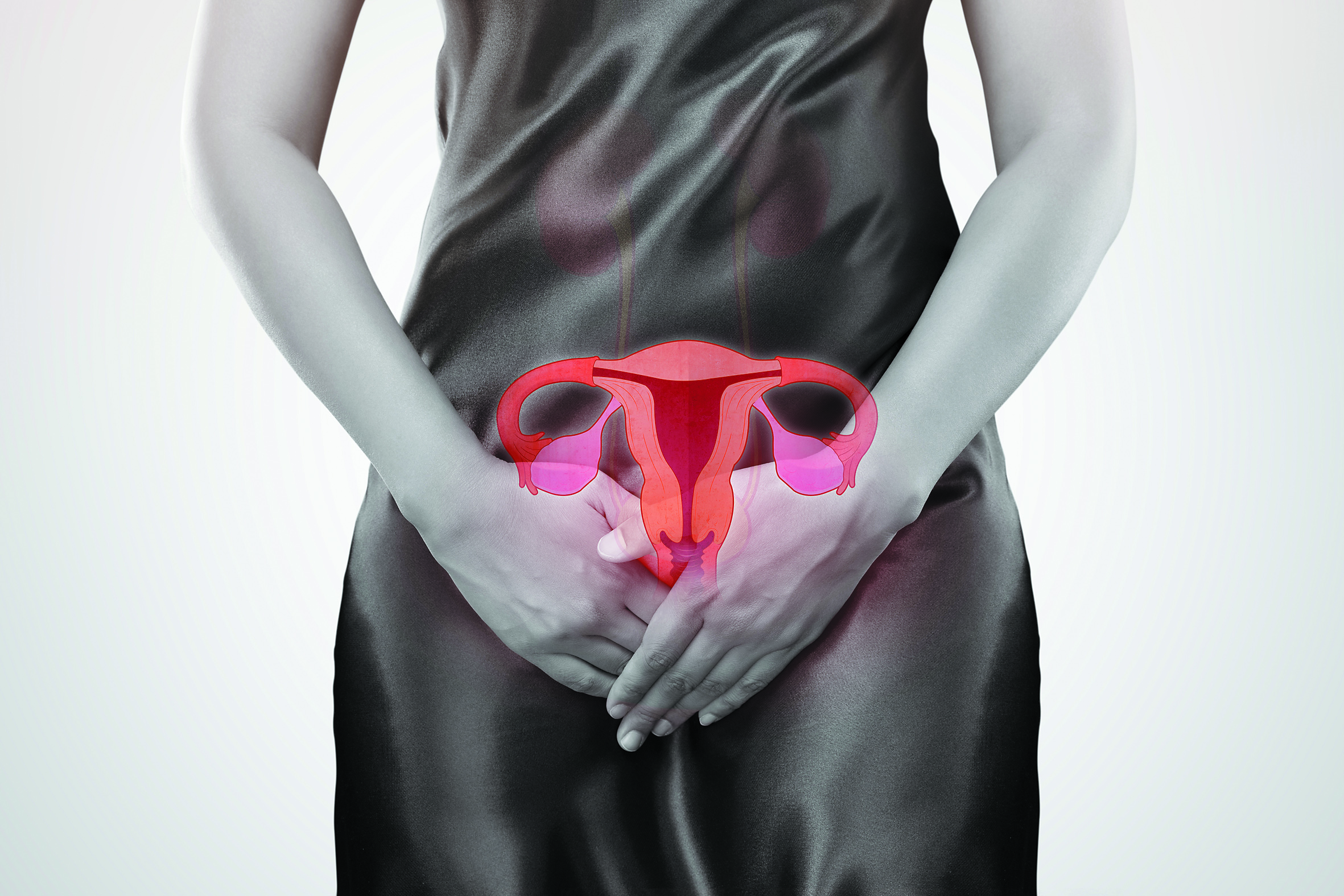HPV infection is the most common genital infection in women and men. HPV viruses cause a variety of lesions, both benign and malignant, in the genitals, anus and oropharynx. Over 80% of sexually active people are infected with HPV.
The presence of the virus does not necessarily mean that the disease is present. There are over 150 types of HPV of which only 15 can cause cancer. In 92% of women and heterosexual men with anal or oropharyngeal cancer and 99% of cervical cancer, a dangerous strain of HPV is found.
How is HPV transmitted?
HPV enters the body through microfungi that are mainly created during sexual intercourse.
How does HPV infection manifest itself?
Acute warts that grow on the external genitalia are visible to the naked eye and on self-examination. The remaining HPV lesions are flat, not visible to the naked eye and require special medical examination.
What screening tests are available?
– Pap smear test annually.
– Colposcopy.
– Biopsy.
– HPV DNA test.
VACCINE AGAINST CERVICAL CANCER
The main vaccine that protects the population is the nine-valent vaccine that provides protection for seven dangerous HPV strains and for acute warts.
It is recommended for girls after the age of nine and women up to 45 years old, without or even with HPV infection, as the case may be. In our country it is free for girls up to 18 years old. In foreign countries, vaccination is also given to boys.
HPV infections are the most common but can be prevented. The systematic use of condoms at every contact, the preventive vaccination of the population with the HPV vaccine will eliminate the transmission of the virus and consequently cervical, oropharyngeal and anal cancer.
Vasiliki Hadjirafael
Surgeon Obstetrician Gynaecologist,
Robotics, Laparoscopic Surgery
www.hatzirafail.gr

















